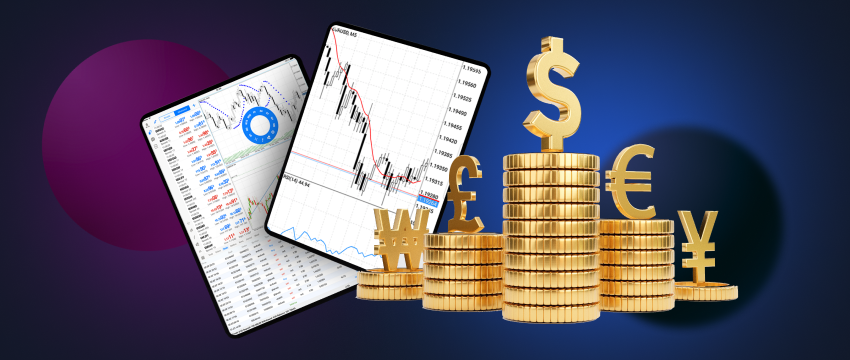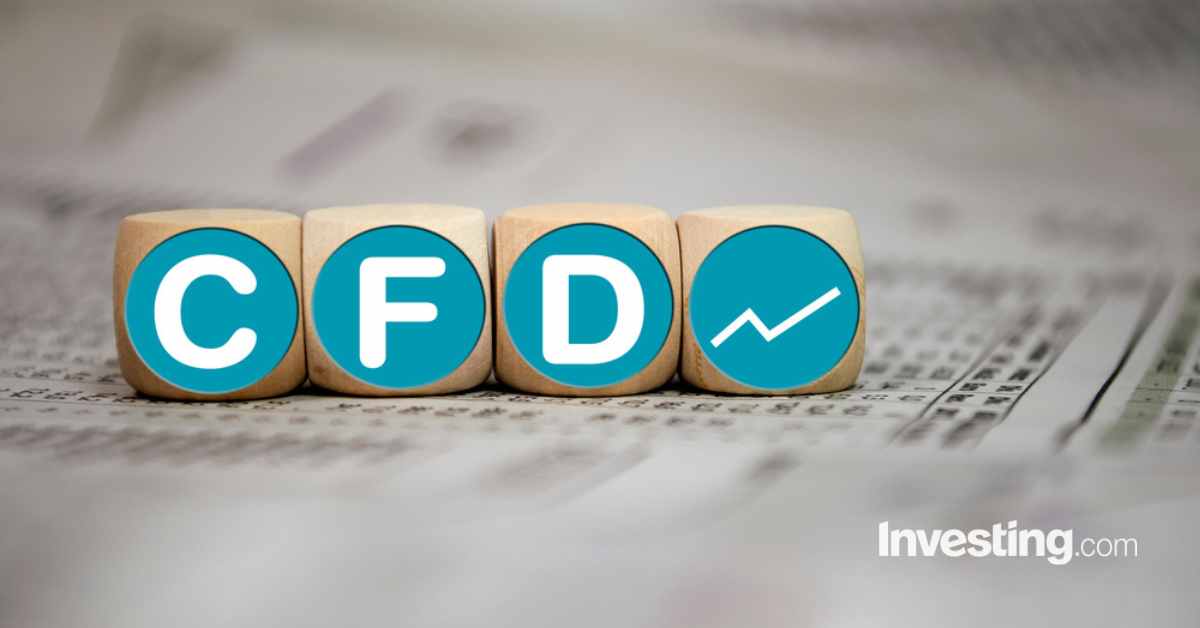
Best CFD Trading Reviews: Your Guide to Top Brokers
When navigating the world of trading, it’s essential to choose a brokerage that aligns with your investment strategy and offers the best possible experience. In the realm of Contracts for Difference (CFDs), this means finding a platform that provides not only competitive fees but also reliable customer support and robust trading tools. For a comprehensive listing of top brokers, visit best cfd trading reviews https://bestbrokercfd.com/en-in/best-cfd-brokers/. In this article, we will explore the top CFD trading platforms, evaluate their features, and provide reviews to help you make informed trading decisions.
Understanding CFD Trading
CFD trading allows traders to speculate on the price movements of various financial instruments without owning the underlying asset. Traders can go long or short, making it possible to profit from both rising and falling markets. However, it’s important to recognize that CFD trading carries significant risks due to leverage, which can magnify both gains and losses.
What to Look for in a CFD Broker
When choosing a CFD broker, consider the following factors:
- Regulation: Ensure the broker is regulated in a reputable jurisdiction to protect your funds.
- Fees and Commissions: Look for competitive spreads, commissions, and other fees that could affect your profitability.
- Trading Platform: A user-friendly, intuitive platform is crucial for executing trades efficiently.
- Asset Variety: Select a broker offering a diverse range of assets, including forex, commodities, indices, and cryptocurrencies.
- Customer Support: Reliable support can make a significant difference in your trading experience.
- Leverage Options: Different brokers offer varying leverage options; it’s essential to understand their impact on your trading.
Top CFD Brokers Reviewed
1. eToro

eToro is one of the most recognized CFD brokers in the industry, known for its social trading features. It allows traders to copy the strategies of other successful investors, making it ideal for beginners. The platform is user-friendly, offers a wide range of assets, and has a strong regulatory framework. However, be aware of the spreads, which can be higher compared to other brokers.
2. IG Group
IG Group is a global leader in CFD trading and offers a vast selection of markets. Their trading platform is robust, providing advanced trading tools and analytics. IG has a strong reputation for customer service and educational resources, which appeal to both novice and experienced traders. The downside is that their fees can be higher than some competitors, particularly for certain asset classes.
3. Plus500
Plus500 is known for its straightforward, no-frills approach to trading. The platform is easy to use, making it suitable for beginners. It offers a range of CFDs without commissions, but traders should be mindful of the spreads. Plus500 is regulated and provides a solid mobile trading app, perfect for trading on the go.
4. CMC Markets
CMC Markets is well-regarded for its extensive range of trading tools and resources. They offer competitive spreads and a comprehensive trading platform that appeals to more sophisticated traders. The educational section is robust, making it a solid choice for those looking to enhance their trading strategies. However, they may have higher minimum deposits than some other options.
5. Saxo Capital Markets
Saxo Capital Markets caters to professional and serious forex traders with its advanced trading platform. While it may not be the best fit for casual traders due to its higher fees, it provides access to many global markets and sophisticated trading tools. Saxo is fully regulated and offers excellent research materials.
Advantages and Disadvantages of CFD Trading

While CFD trading offers several benefits, it also has its drawbacks.
Advantages:
- Leverage: CFDs allow traders to control larger positions with a relatively small amount of capital.
- Diverse Assets: Traders can speculate on a broad range of assets.
- Accessibility: Many platforms offer mobile trading and low minimum deposits.
Disadvantages:
- Risk of Losses: Leverage can amplify losses, making it possible to lose more than your initial investment.
- Fees: Some brokers charge substantial fees, impacting profitability.
- Market Volatility: Rapid market movement can lead to slippage.
How to Start Trading CFDs
To begin trading CFDs, follow these steps:
- Choose a Broker: Select a reputable CFD broker that suits your trading needs.
- Open a Trading Account: Fill out the application form and complete the verification process.
- Fund Your Account: Deposit funds using a method that suits you.
- Develop a Trading Strategy: Decide whether you’ll use technical or fundamental analysis.
- Start Trading: Begin placing trades based on your strategy and market analysis.
Conclusion
Choosing the right CFD broker is critical for your trading success. The best CFD trading reviews can significantly aid in making an informed decision. By understanding what to look for and what each platform offers, you can enhance your trading experience. Always remember to trade wisely and consider your risk management practices.